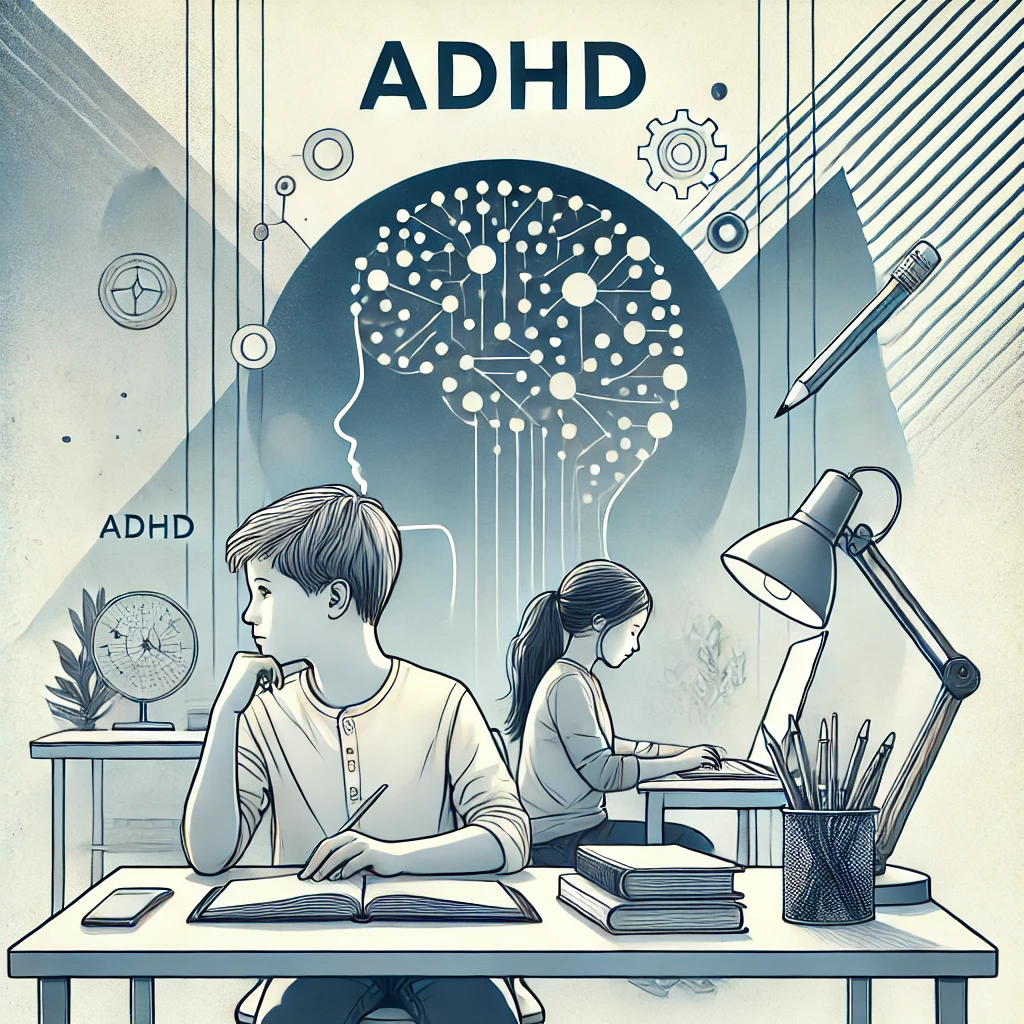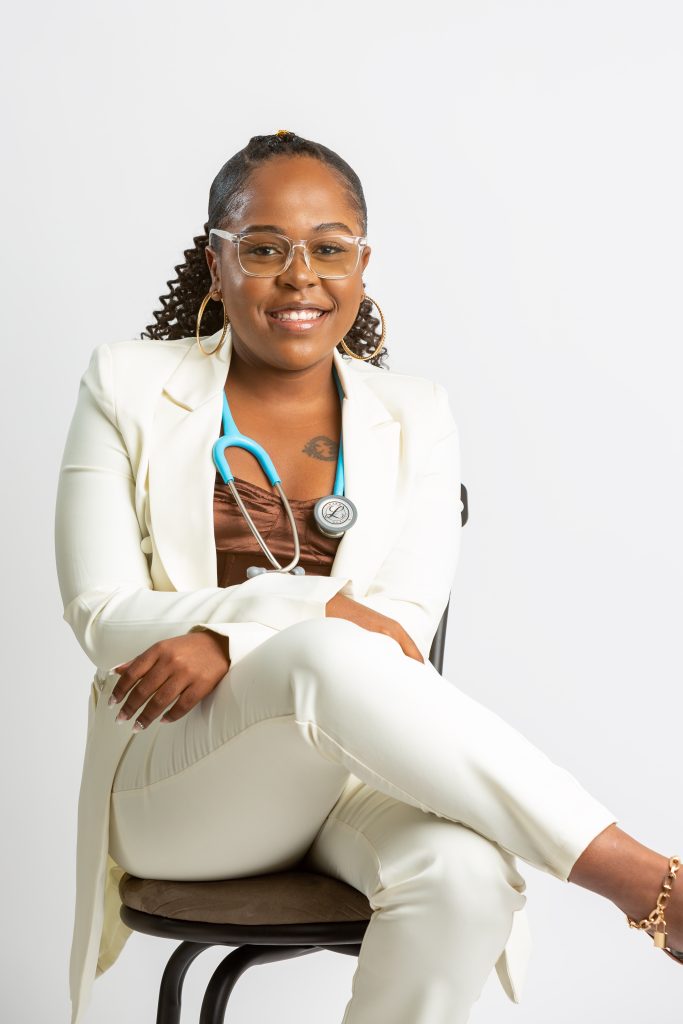
Recently, a friend of mine was categorically (and not very kindly) told by her daughter’s psychiatrist, “It is not dangerous to abruptly stop taking an SSRI*.” As a Senior Medical Writer and Researcher for MediComm, I feel very anxious about this advice given by a professional to a mother trying to ensure her daughter is healthy and safe. Although I’m no expert on SSRIs or their uptake/discontinuation strategies, I have both witnessed and read enough to know that this categorical statement is unfair and possibly dangerous, perhaps even negligent.
Sufficient publications and evidence exist to confirm that antidepressant discontinuation syndrome (ADS) is real and can affect patients in different ways. Evidence suggests that withdrawal effects are experienced by more than half of individuals attempting to discontinue antidepressants; some are mild and short-term but others are severe and long-lasting. There are even some case-study reports on possible suicide attempts related to withdrawal (see links in the Comments below).
While distinguishing withdrawal effects from early signs of depression relapse may be challenging, it’s clear that these effects do occur. A 2024 qualitative interview study conducted in the UK discusses the lived experience of withdrawal from SSRIs in 20 patients. This small qualitative study is enlightening and suggests that withdrawal symptoms can have a significant impact on patient well-being (physically, emotionally, cognitively and socially).
Analysis of multiple surveys (n>1,000) confirms that, globally, fewer than 5% of patients report being told anything about antidepressant withdrawal effects by their prescribers. This not only breaches the fundamental ethical principle of ‘informed consent’ which is binding on all healthcare professionals, but it borders on negligence.
Don’t misunderstand, I’m not against the withdrawal of SSRIs in the right context, but it needs to be done with care, kindness, monitoring and consideration … and concerned parents should not be condescendingly told abrupt withdrawal isn’t dangerous the healthcare professional entrusted with their child’s mental health.
*“Selective serotonin reuptake inhibitors (SSRIs) are a class of medications most commonly prescribed to treat depression. They are often used as first-line pharmacotherapy for depression and numerous other psychiatric disorders due to their safety, efficacy, and tolerability.” (Chu A, Wadhwa R. Selective Serotonin Reuptake Inhibitors. In: StatPearls [Internet]. Treasure Island (FL): StatPearls Publishing; 2025 Jan. https://www.ncbi.nlm.nih.gov/books/NBK554406/)






Click this link to read the 2024 study about the lived experience of SSRI withdrawal symptoms: https://pubmed.ncbi.nlm.nih.gov/39102706/
A link to a case study describing a suicide attempt related to SSRI discontinuation:
https://www.psychiatrist.com/jcp/suicidality-after-rapid-venlafaxine-discontinuation-case-report/
and
A second case study where AWS led to a suicide attempt:
https://www.psychiatrist.com/jcp/antidepressant-discontinuation-syndrome-suicide-attempt/
Thanks for this thought-provoking article